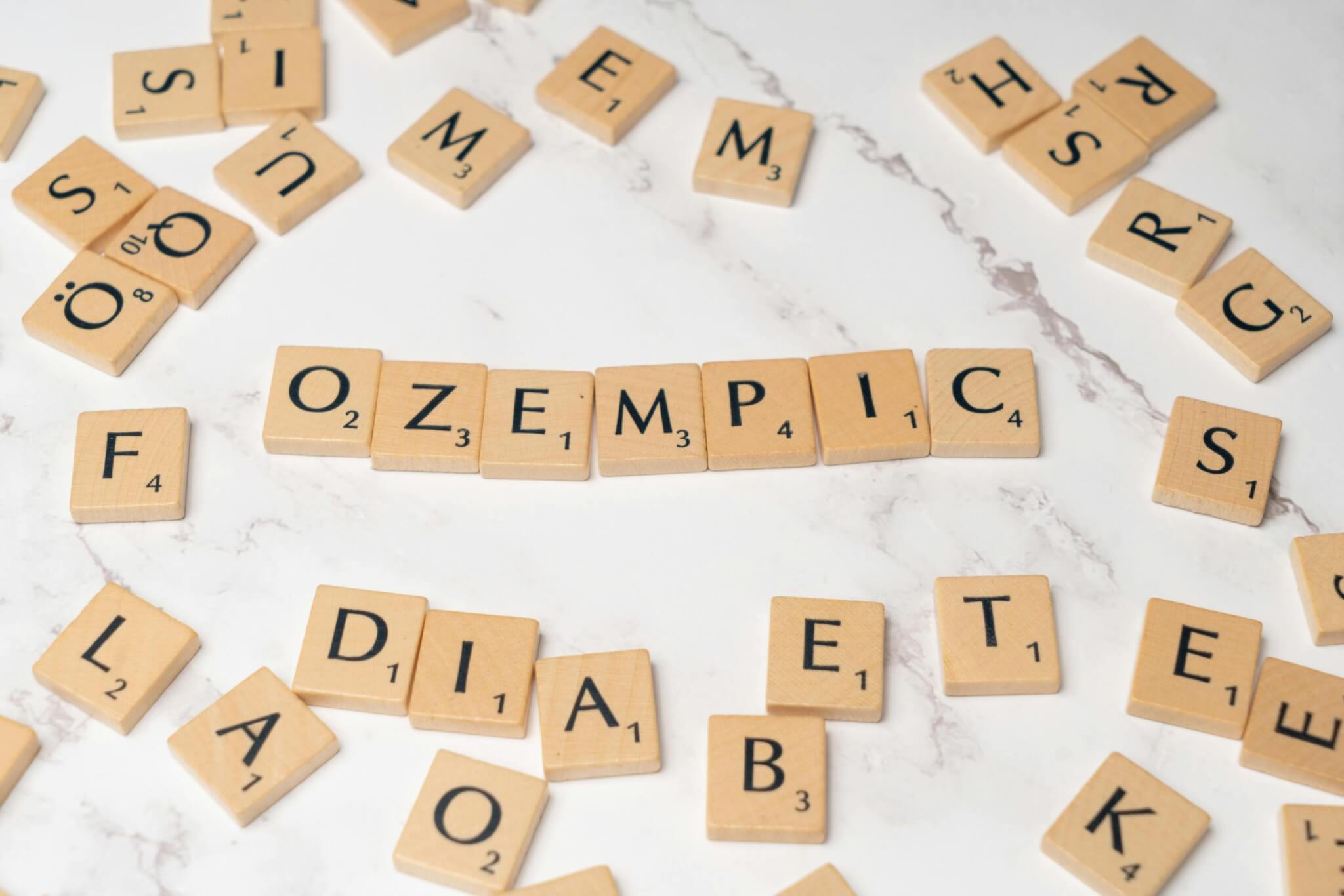Written with acknowledgement to Science Magazine
Artificial sweeteners, which can be hundreds to thousands of times sweeter than cane sugar, are generally not processed by the human body, which is why they provide no or few calories.
We have all been there, feeling virtuous because we have a diet drink. All that lovely sweet taste and filling fizz without the guilt or calories associated with sugar. But a new study suggests that these artificial sweeteners may not be as harmless as once thought; they may even increase the risk of diabetes or weight gain.
Scientists have long suspected a link between artificial sweeteners and obesity in humans, but until now that connection had only been shown in lab mice. Now, scientists in Israel have tested these chemicals in humans. Their results show that artificial sweeteners not only disturb the microbes living in human guts – which are critical for supplying essential nutrients, synthesising vitamin K, and digesting dietary fibres among other things—but some may impact how quickly the body removes sugar from the blood after a meal. The longer glucose stays in the blood, the greater the risk of diabetes, cardiovascular disease, kidney disease and weight gain.
Eran Elinav an immunologist at Weizmann Institute of Science in Israel, tells us that non-nutritive sweeteners are not inert in humans.
Every human hosts a unique bouquet of microbes—bacteria, viruses, and fungi—that live naturally in and on our bodies; in the intestine, nose, mouth and on the skin and eye. The number of cells that make up this vast microbial community is about as many as all the rest of cells we have in the body. This community we c all the microbiome, is seeded at birth, and not only helps digestion but also protects against pathogens and supports the immune system.
Non sugar sweeteners disrupt the microbiome because even though they have no calories for humans, they serve as nutrients for some microbes, which then proliferate. This causes an imbalance in microbial populations that can cause chronic intestinal inflammation or colon cancer. The Israeli study confirms that non-nutrition sweeteners can disrupt the gut microbiome within two weeks of exposure and suggest their effects on sugar metabolism can vary from person to person.
Michael Goran, a professor of paediatrics and program director for Nutrition and Obesity at Children’s Hospital Los Angeles says, that what isn’t food for us can still be food for our gut bacteria. Different sweeteners have different chemical properties but can have similar effects in our gut.
David Katz, a nutrition specialist, and the founder of Yale University’s Yale-Griffin Prevention Research Center, agrees. “This is an elegant, elaborate, and powerful study which establishes decisively that non-nutritional sweeteners impair glucose metabolism by causing specific damage to the microbiome.”
The Bitter History of Sweeteners
Humans have a natural preference for sweet foods that over the millenia prove that the food is safe and it is also an evolutionary adaptation that drove us to high-energy foods at a time when nutritious foods were scarce. Natural sugars, such as glucose, fructose, cane, or milk sugars, are digested to produce energy—measured in calories—that helps our organs function.
Sweeteners, which can be hundreds to thousands of times sweeter than cane sugar, have been created to provide no or few calories.
Saccharin, the first commercialised non-nutritive sweetener, was discovered in 1879 in coal-tar derivatives at Johns Hopkins University. Thanks to President Roosevelt who thought that sweeteners are a guilt-free way to lose weight, saccharin dodged a ban by the U.S. Food and Drug Administration (FDA). In 1977, when the FDA tried again to ban saccharine because of the suspected risk of causing cancer in rats, Americans fought back. They sent millions of letters to Congress, the FDA and President Carter in protest.
Ultimately, only a cancer earning label was required on saccharin products. But this was dropped too in 2000 when scientists found that humans metabolise saccharin differently from rats, and it didn’t pose a cancer risk for humans.
Low or zero calorie sugar substitutes are in thousands of beverages and foods worldwide and generated £18 billion in 2021. This number is expected to rise as demand for these sweeteners—particularly in low- and middle-income countries—continues to expand.
In the USA a survey in 2017 showed that 80 percent of children and more than half of adults consumed low-calorie sweeteners once daily. Obese adults used low-calorie sweeteners more frequently. Eating disorder and obesity experts have noted for decades that sugar substitutes are linked to increased hungers and increased desires for fat-rich foods but we have never known why, until now.
Most eating disorder and obesity treatment programmes now require patients or clients to stop having drinks laden with sweeteners. It is not a good way to prevent weight gain and it is not a good way to cheat your hunger. We are not suggesting that it is better to have high sugar drinks and foods either. Sugar is still a very well proven health risk for obesity, diabetes and other health problems but the impacts from sweeteners also means a healthy caution should be observed. There is no getting away from the truth – that drinking water, eating natural foods, and having a little bit of what you fancy is the safest way to live.
The Actual Study (If you want more of the science)
Elinav has been interested in uncovering the links between nutrition, gut microbes, and the risk of developing common diseases, such as obesity and diabetes, with the hope of devising microbiome-based personalised medicine.
In 2014, Elinav and colleagues that saccharin, sucralose, and aspartame each raised blood glucose of mice to levels that were significantly higher than those of mice that were fed sugar. When gut microbes collected from mice fed with artificial sweeteners were added to mice that had no gut bacteria of their own and had never been given artificial sweeteners, their blood-glucose levels shot-up as if they were consuming artificial sweeteners themselves.
“In mice, some of these non-nutritive sweeteners are sensed, and they impact the gut microbes, which have an amazing capacity to metabolise many of these compounds,” Elinav says. He decided to test whether the same held true in humans: Could altered gut microbes disturb the glucose metabolism?
Elinav’s team first screened 1,375 volunteers for any consumption of zero-calorie sweeteners in their daily lives. They identified 120 adults not previously exposed and gave them one of the four commonly used sweeteners—saccharin, sucralose, aspartame, and stevia for two weeks. The volunteers were then monitored for a third week. Scientists compared their blood-glucose responses against those who were not given artificial sweeteners.
Within 14 days after beginning any of the four tested artificial sweeteners, scientists observed significant differences in the populations of gut bacteria among volunteers. “We identified very distinct changes in the composition and function of gut microbes, and the molecules they secret in blood,” Elinav says. This suggests that gut microbes rapidly respond to artificial sweeteners.
To test how artificial sweeteners affect the body’s ability to control the surges in blood sugar after consuming sugar as part of meals, volunteers were monitored for blood glucose levels after a test glucose drink. Normally, blood glucose levels should peak in 15 to 30 minutes and then return to normal within two to three hours. If the glucose levels remain elevated, it signals that the body isn’t processing and storing excess glucose properly, a phenomenon known as glucose intolerance.
In the Israeli study, sucralose and saccharin pushed the body towards glucose intolerance, which if sustained may cause weight gain and diabetes. Aspartame and stevia did not affect the glucose tolerance at the tested ingested levels.
“The glycaemic responses that are induced by saccharin and sucralose, possibly by the gut microbiome, may be more pronounced,” Elinav says.
To confirm that disturbance in microbial populations disrupted blood glucose levels, scientists administered faecal microbes from stool of human participants to germ-free mice. The study found that microbes from the volunteers with elevated blood sugar levels also suppressed glucose control in the mice.
“The gut microbes, and the molecules they secrete into our bloodstream, are very altered in all four non-nutritive sweetener consumers,” Elinav says. “Each of the groups responded in a unique way.”
Although, the study didn’t follow the volunteers long term, this is the first study to show that the human microbiome responds to sweeteners in a highly individual manner. This can disrupt sugar metabolism in some, if not all consumers, depending on their microbes and the sweeteners they consume. It is currently unclear whether personal differences are due to genetic, epigenetic or lifestyle factors.













